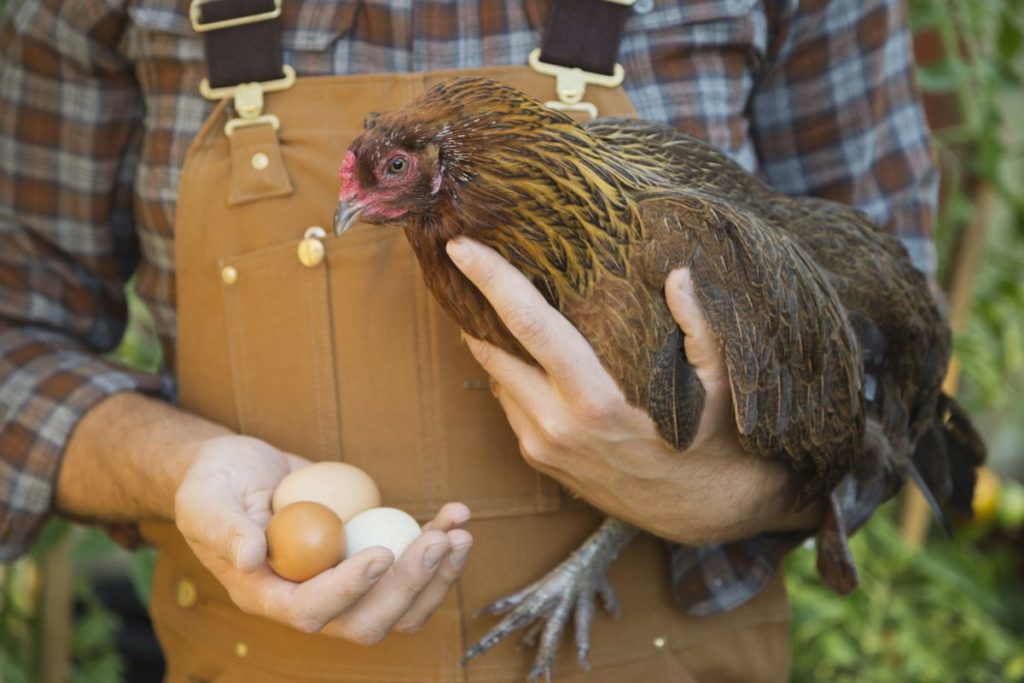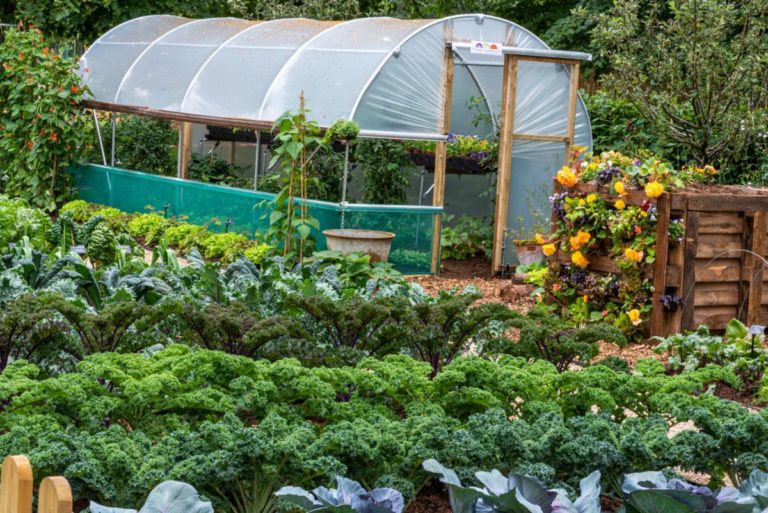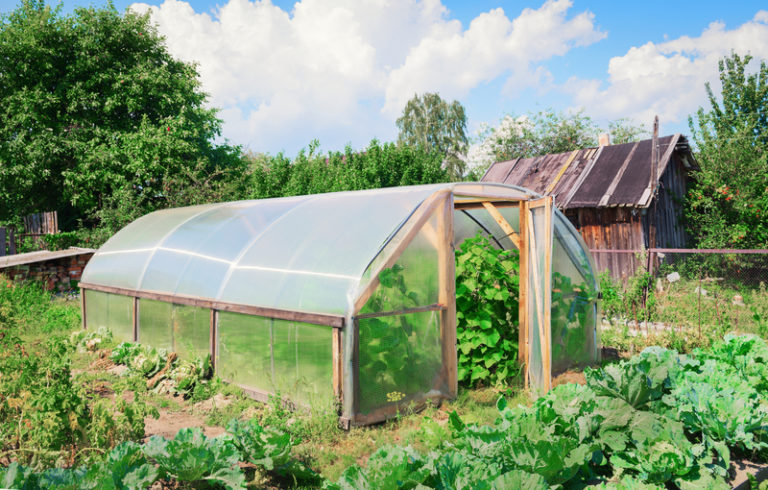Looking beyond traditional chicken farming, there are various alternative poultry breeds that can provide equally delicious eggs and meat, all while offering unique advantages for off-grid enthusiasts.
From disease-resistant birds to those specifically bred for ease of handling, these alternatives offer a range of benefits for small farmers and homesteaders seeking self-sufficient egg and meat production.
Whether you’re looking for a backyard flock that requires minimal care or an efficient source of protein for your table, there’s an alternative poultry breed out there to fit your needs.
We’ll explore the world of unconventional but rewarding poultry options, providing you with valuable information and insights to make the best choice for your off-grid lifestyle.
Ducks
Ducks are another popular choice for backyard farming, and they can provide both eggs and meat. They require a larger coop than chickens, but they are generally hardy and easy to care for.
They do, however, require a larger coop than chickens, as they need more space to move around and swim.
Despite this, ducks are generally hardy and easy to care for, making them an excellent choice for beginner farmers.
In addition, ducks can help control pests and weeds in your garden, as they love to eat insects and snails.
Ducks come in a variety of breeds, each with its own unique characteristics and advantages.
For example, the Khaki Campbell is a popular breed that lays around 300 eggs per year, while the Muscovy duck is known for its distinctive red and black feathers and can grow up to 20 pounds.
Overall, ducks are a versatile and rewarding addition to any backyard farm.
With proper care and attention, they can provide a bountiful harvest of eggs and meat, while also helping to maintain a healthy and pest-free garden.
Geese
Geese are known for their excellent egg-laying abilities and can also be raised for meat. They require more space than chickens or ducks, but they are intelligent and social animals that can make great additions to a homestead.
Geese are indeed excellent egg-layers and can also be raised for their meat, making them a versatile addition to any homestead.
However, they do require more space than chickens or ducks, as they need room to move around, forage, and swim.
But don’t let their space requirements deter you – geese are highly intelligent and social animals that thrive in interaction with their human caregivers and other geese.
They are also known to be excellent guard animals, being vigilant and vocal when it comes to potential threats.
In addition to their egg-laying and meat-producing abilities, geese can also help to maintain a clean and pest-free homestead, thanks to their natural foraging habits.
Overall, geese make great additions to a homestead, providing a variety of benefits and offering a unique and rewarding experience for homesteaders.
Turkeys
Turkeys are a great choice for those looking for a larger bird that can provide both meat and eggs. They require more space than chickens or ducks, but they are generally easy to care for and can be raised on pasture or in a coop.
Looking for a larger bird that can provide both meat and eggs?
Consider raising turkeys!
They are an excellent choice for those seeking a more sustainable and self-sufficient approach to their food supply.
Turkeys require more space than chickens or ducks, but they are generally easy to care for and can be raised on pasture or in a coop.
This means you can enjoy the benefits of free-range eggs and meat, while also providing a healthy and fulfilling life for your birds.
With proper care and management, your turkeys can thrive on a diverse diet of grains, fruits, and vegetables, and will provide a bountiful harvest of delicious meat and eggs.
Plus, turkeys are known for their intelligence and social nature, making them a joy to raise and interact with.
So why not give turkey raising a try?
You’ll be rewarded with a abundance of fresh, healthy food and the satisfaction of knowing you’ve done it yourself.
Guinea Fowl
Guinea fowl are known for their distinctive call and their ability to control ticks and other pests. They are not typically raised for eggs or meat, but they can be a great addition to a homestead for their unique characteristics.
Guinea fowl are an excellent addition to any homestead, offering unique characteristics that make them stand out from other poultry.
One of their most distinctive features is their iconic call, which sounds like a haunting, echoing laugh.
But beyond their vocal talents, guinea fowl are also known for their remarkable ability to control ticks and other pests.
These birds are natural bug hunters, and they can help keep your property free of unwanted pests.
Their intelligence and curiosity also make them entertaining to watch, and they can be trained to roam freely around your property, helping to control pests and weeds alike.
Guinea fowl are not typically raised for eggs or meat, making them a versatile and sustainable addition to any homestead.
Whether you’re looking for a solution to your tick problem or simply want to add some fascinating and entertaining birds to your property, guinea fowl are an excellent choice.
Pheasants
Pheasants are another game bird that can be raised for both eggs and meat. They require more space than chickens or ducks, but they are intelligent and social animals that can make great additions to a homestead.
Raising pheasants on your homestead can be a rewarding experience, offering both egg and meat production.
These birds require more space than chickens or ducks, with a recommended 200-400 square feet per bird, but their intelligent and social nature makes them great additions to your farm.
Pheasants are seasonal breeders, with males putting on their signature courtship displays during the mating season.
You can expect an average of 120-150 eggs per hen per year, with an approximate 25% mortality rate for chicks.
The eggs are larger than chicken eggs and can be used for cooking and baking.
Pheasants are raised for their meat, which has a delicate and tender flavor.
Pheasant meat is high in protein and lower in fat, making it a healthy choice for your dinner table.
With proper care and management, pheasants can be a productive and enjoyable addition to your homestead.
Quail
Quail are small, elegant birds that can be raised for both eggs and meat. They require less space than larger poultry birds and can be raised in a small coop or enclosure.
Quail are an excellent choice for anyone looking to raise small, elegant birds for both eggs and meat.
Unlike larger poultry birds, quail require less space and can thrive in a small coop or enclosure.
In fact, a single quail can be raised in as little as 2 square feet of space, making them an ideal choice for backyard farmers or those with limited land.
Quail are known to be hardy and resistant to disease, which makes them a low-maintenance and reliable choice for meat and egg production.
Furthermore, quail are also relatively quiet and discreet, making them a great choice for those who live in close proximity to others.
Overall, quail are a versatile and practical choice for anyone looking to raise small, productive birds.
Emus
Emus are large, flightless birds that can be raised for both eggs and meat. They require a lot of space and specialized care, but they can be a unique and rewarding addition to a homestead.
Emus are an exciting and rewarding addition to any homestead, offering both delicious meat and eggs.
However, they require specialized care and a significant amount of space.
These large, flightless birds need ample room to roam and forage, so a minimum of 1-2 acres of land is recommended.
Proper fencing is also important to keep emus contained and prevent them from wandering off or getting into trouble.
Emus require a balanced diet that includes a mix of grains, vegetables, and proteins.
A quality emu feed can help ensure they receive all the necessary nutrients.
In addition to their meat and eggs, emus can also provide a unique and sustainable source of income for homesteaders.
Many farmers sell their emu eggs and meat to high-end restaurants and specialty food stores, offering a lucrative alternative to traditional livestock farming.
With proper care and management, emus can thrive on a homestead and provide a bounty of delicious and nutritious food, all while offering a sustainable and profitable addition to your farm.
Rabbits
Rabbits are not typically thought of as poultry, but they can be raised for both eggs and meat. They are relatively low-maintenance and can be raised in a small space, making them a great option for homesteaders.
Rabbits are an excellent choice for homesteaders looking for a low-maintenance and space-efficient livestock option.
While they are not typically considered poultry, rabbits can be raised for both eggs and meat, offering a versatile and sustainable farming option.
Compared to other livestock, rabbits require minimal space and care, making them an ideal choice for small homesteads or those just starting out with animal husbandry.
With proper care and management, rabbits can thrive in a variety of environments and can provide a consistent source of fresh eggs and meat.
In fact, rabbits are one of the most efficient meat producers, requiring less feed and space than many other common livestock.
Rabbit manure is a valuable organic fertilizer that can enhance soil health and productivity.
Overall, raising rabbits for eggs and meat can be a profitable and rewarding experience for homesteaders looking to diversify their farming operations.
Want More? Dive Deeper Here!
Hey there! If you’re the type who loves going down the rabbit hole of information (like we do), you’re in the right spot. We’ve pulled together some cool reads and resources that dive a bit deeper into the stuff we chat about on our site. Whether you’re just killing time or super into the topic, these picks might just be what you’re looking for. Happy reading!






